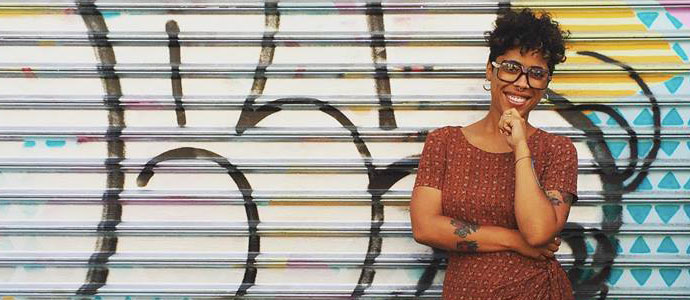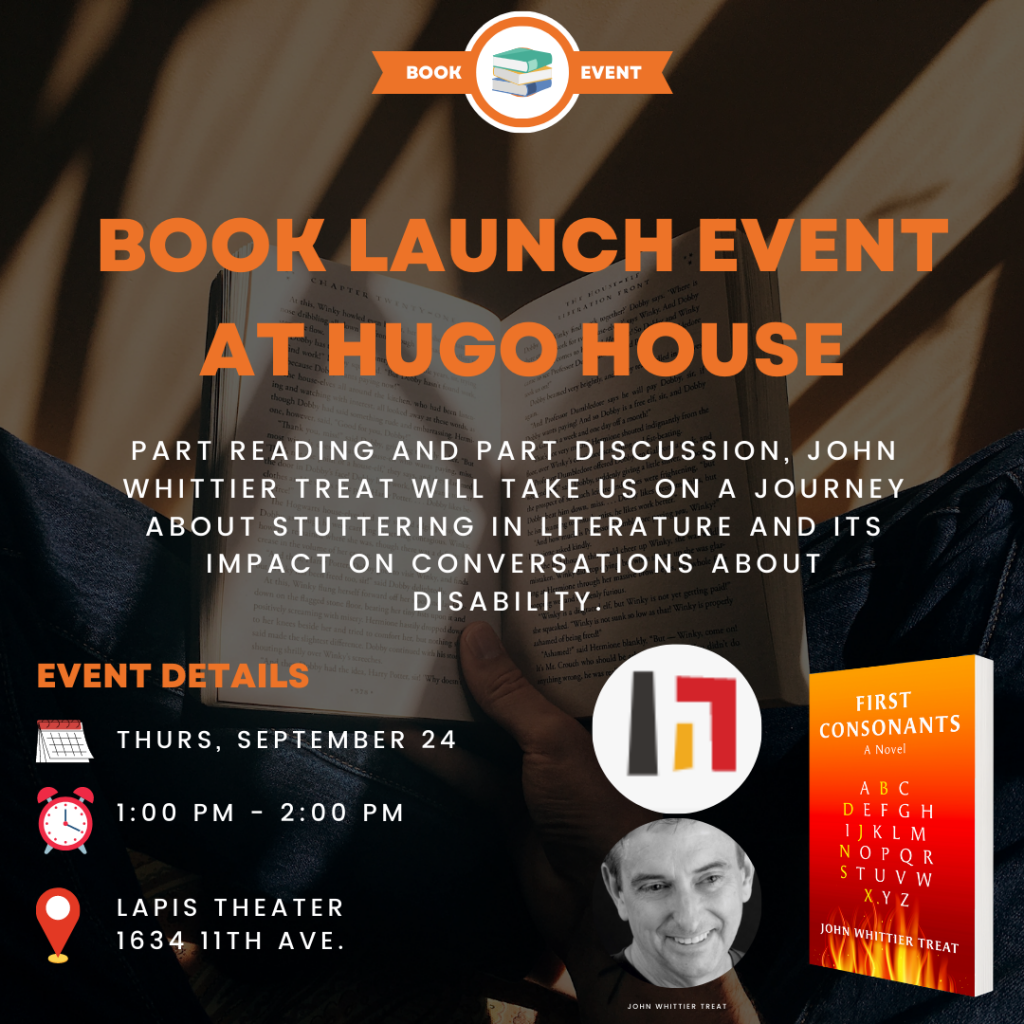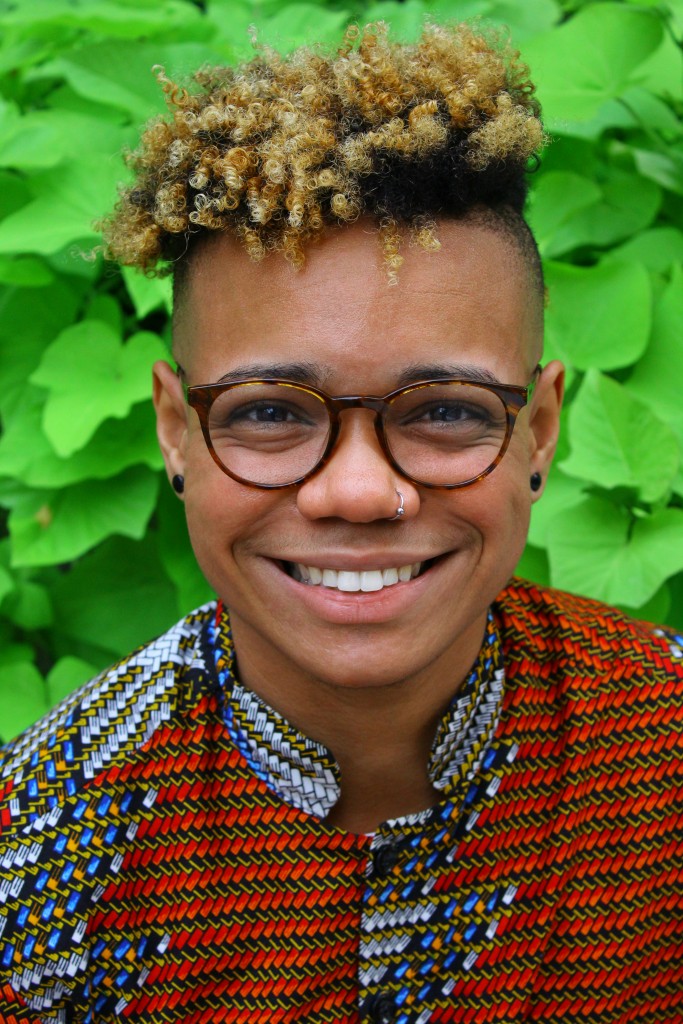When Elizabeth asked me to take over editing for Jaded Ibis’ essay blog, Scarlet, I was thrilled not only to be able to participate in a press that I believe is publishing vital work, but also because it allowed for me to think about what kind of world I’d like to build within the framework of the series. Since the new leadership has taken the helm of the press, Scarlet has published rich essays from a diverse group of folks, sharing what they have found important and essential about writing and their relationship to creating as artists. I believe that this resource was (and is) an abundant one, and I’m glad that these posts will continue to enlighten readers as long as Jaded Ibis is around. In this new incarnation, I hope to cull hybrid/multi-genre work, as writing that teaches me and floors me and makes me hungry to write seems to more and more come from within a blurred/liminal world of genre.
We are so often taught (or at least I was in college a decade ago) to imagine genre as mutually exclusive monoliths—poetry is lineated, prose is not, non-fiction is the truth and nothing but the truth, so help us god, etc. The best writers, I’ve found, the ones who I re-read, the ones whose work I analyze for tricks and treasures to steal for myself, are those who work across genre, hybridizing forms, making Frankensteins of their best parts. And so, Scarlet will include both a creative piece and a statement from the author about how they have come to understand their own writing. The borders of what is and what isn’t cross-genre are fuzzy and amorphous and changing—I have no interest acting as a gatekeeper (who defines), only as a conduit (who channels and conveys). You may engage with prose poems, lyric essays, multi-modal work (think collage & writing), or performative pieces (video & audio). The only limits are defined by what we can produce.
I consider myself a writer, one who mostly makes poems, but also works on plays and essays and strange lyric, modular prose. I credit Jaded Ibis’ own Lily Hoang for insisting that my prose didn’t have to fill the margins, that the language/devices that we generally assign to poetry, belongs to no genre and will live well anywhere, as long as it is good and using its form to the fullest potential. I know many writers that have found creative community within particular genres, and connect strongly with their identity as poets or prose writers, which is beautiful and fruitful. This series doesn’t aim to dissuade folks from aligning with particular genre identifications, but to celebrate those whose voices are marginalized because they don’t.
When I think about genre, I also think about language, the canon, gatekeepers, and racialized/gendered aesthetics. There are privileged ways of telling stories, of making poems, that allow and disallow folks from participating within writing communities, from getting work published (and getting paid). A part of the work of this series is to acknowledge that colonial, racist, sexist, heterocentric ways of knowing, making, and evaluating still exist within our beloved writing worlds. We like things to be easily defined and familiar and known—this is all natural, but perhaps antithetical to the kind of literary world that is asking to be built, one in which writers whose writing practices flex and cross over can been seen and valued and loved.
I am so delighted to get to edit this series, and feel so grateful to be able to share work with you all. Stay tuned and watch this space!





